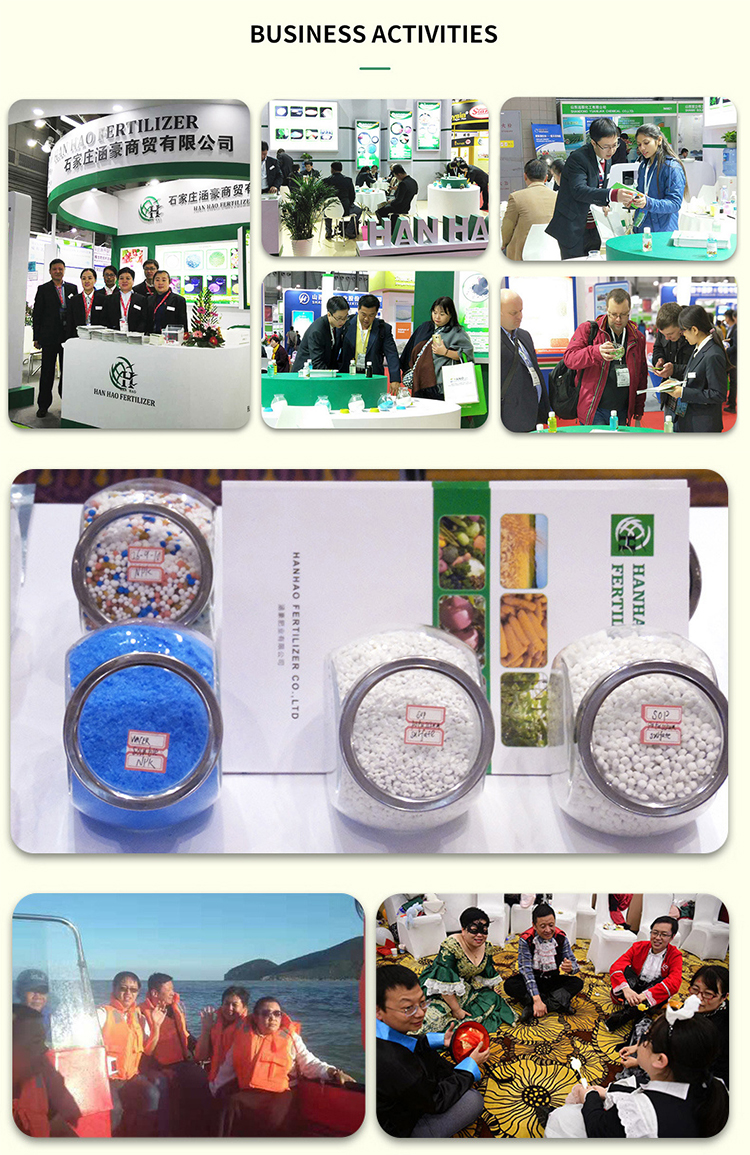
พ.ย. . 06, 2024 01:59 Back to list
Supplier of Balanced NPK Fertilizer 18-18-18 for Optimal Plant Growth Solutions
Understanding NPK Fertilizer 18-18-18 A Comprehensive Guide for Suppliers
In the world of agriculture, fertilizers play a critical role in enhancing crop yields and ensuring sustainable farming practices. Among the various types of fertilizers available, NPK fertilizers are particularly prominent. NPK stands for Nitrogen (N), Phosphorus (P), and Potassium (K), three essential nutrients that are vital for plant growth. One widely recognized formulation in the NPK category is 18-18-18, which indicates that the fertilizer contains 18% nitrogen, 18% phosphorus, and 18% potassium. This article explores the significance of NPK 18-18-18 fertilizers, their benefits, and the considerations suppliers should keep in mind.
The Importance of Balanced Nutrition
Plants require a balanced supply of nutrients for optimal growth and development. The 18-18-18 formulation is particularly valued because it provides equal proportions of the three key macronutrients
1. Nitrogen (N) Essential for promoting vegetative growth and leaf development, nitrogen is a crucial component of chlorophyll, the molecule that plants use in photosynthesis.
2. Phosphorus (P) This nutrient is vital for energy transfer within the plant, contributing to root development and flower and fruit formation. Phosphorus fosters stronger plants that can resist stress more effectively.
3. Potassium (K) Often referred to as the quality nutrient, potassium helps regulate various physiological processes, including water uptake and enzyme activation. It enhances the plant's overall resilience and improves the quality of fruits and flowers.
The combination of these nutrients in equal measures makes NPK 18-18-18 fertilizers particularly versatile. They are suitable for a wide range of crops and soil types, making them a preferred choice among farmers.
Benefits of NPK 18-18-18 Fertilizers
1. Versatility in Usage Due to its balanced nutrient composition, NPK 18-18-18 can be used across diverse crops such as vegetables, fruits, grains, and ornamental plants. This universality simplifies inventory management for suppliers, as they can cater to a broader customer base with this one formulation.
2. Enhanced Growth Rates The immediate availability of essential nutrients promotes rapid plant growth. Farmers using NPK 18-18-18 often observe a quicker establishment of plants and improved crop productivity.
npk fertilizer 18-18-18 supplier

3. Improvement in Soil Health Regular application of balanced fertilizers like NPK 18-18-18 can improve soil fertility over time by replenishing nutrient levels that may have been depleted. This contributes to sustainable agricultural practices.
4. Compatibility with Other Inputs NPK 18-18-18 fertilizers can be easily integrated with other inputs like pesticides and herbicides, making it convenient for farmers to manage their crop protection and nutrition simultaneously.
Considerations for Suppliers
While NPK 18-18-18 fertilizers offer numerous benefits, suppliers must consider several factors to successfully market and distribute these products
1. Quality Assurance It is vital to ensure that the fertilizer meets industry standards and regulations. Quality control measures should be in place to guarantee the nutrient content and prevent contaminants.
2. Education and Support Suppliers should provide guidance to farmers on how to effectively use NPK 18-18-18 fertilizers. This includes information on application rates, timing, and complementary pest and nutrient management practices.
3. Sustainability Practices With growing concerns over environmental impact, suppliers should promote the sustainable use of fertilizers. This includes educating farmers on soil testing and the importance of applying the right amount of fertilizer to minimize runoff and overapplication.
4. Market Research Understanding customer needs and regional crop requirements can help suppliers tailor their offerings. Engaging with local agricultural communities can provide valuable insights into trends and preferences.
Conclusion
NPK 18-18-18 fertilizers represent a balanced and effective solution for crop nutrition. As a supplier, recognizing the value of this formulation and understanding its benefits and applications can help in effectively serving the agricultural industry. By focusing on quality, education, sustainability, and market dynamics, suppliers can play a pivotal role in supporting farmers and contributing to sustainable agricultural practices worldwide.
-
10 10 10 Fertilizer Organic – Premium NPK & Water Soluble Solutions
NewsJul.24,2025
-
Premium 10 10 10 Fertilizer Organic for All-Purpose Plant Growth
NewsJul.23,2025
-
Premium 10 10 10 Water Soluble Fertilizer for All Plants
NewsJul.22,2025
-
Premium Amino Acid Fertilizer with Humic Acid & NPK Blends
NewsJul.21,2025
-
Premium 15-30-15 Granular Fertilizer for Balanced Growth
NewsJul.21,2025
-
Premium Granular Ammonium Sulphate: 21% N & 24% S Fertilizer
NewsJul.20,2025
